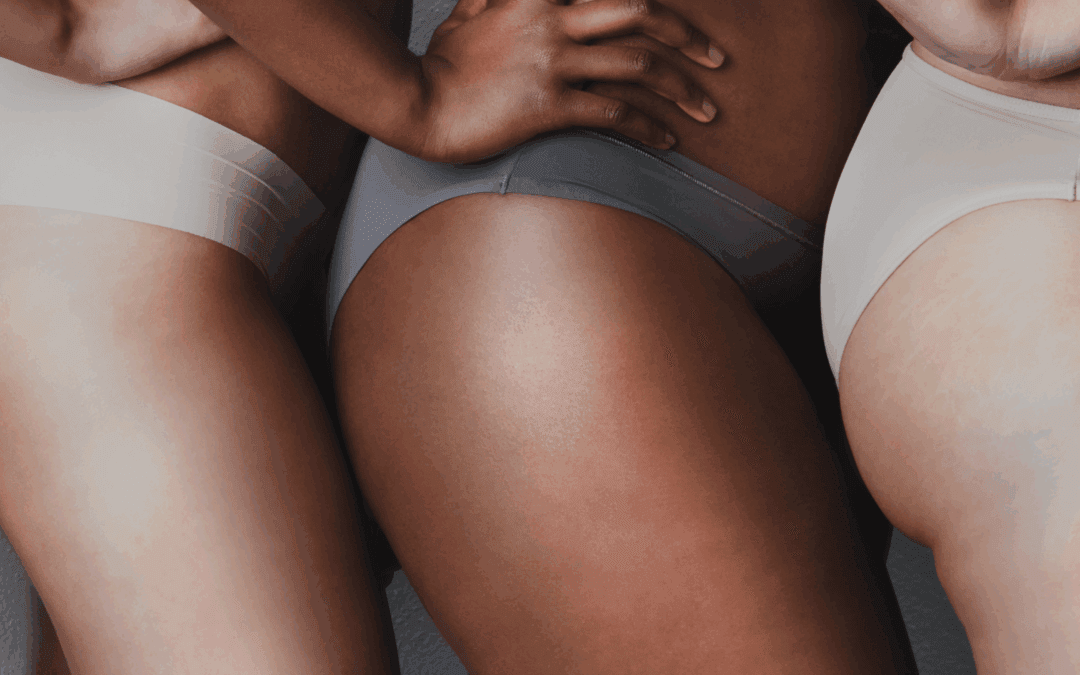The Equality and Human Rights Commission has published new guidance to prevent hair discrimination in schools
In a statement this morning Britain’s equality watchdog, the EHRC, said: ‘Pupils should not be stopped from wearing their hair in natural Afro styles at school.’
This landmark guidance comes after an ongoing campaign for schools and workplaces to address hair-based discrimination.
‘Uniform and appearance policies that ban certain hairstyles, without the possibility for exceptions to be made on racial grounds, are likely to be unlawful,’ it continues. This includes natural Afro hairstyles, braids, cornrows, plaits and head coverings, amongst other styles.
Multiple cases against hair-based discrimination have been instrumental in the development of today’s guidance. Including Ruby Williams’ legal case against the Church of England’s Urswick school in Hackney. The teen took her school to court for enforcing a uniform policy that banned Afro hair of excessive volume.
‘Discrimination based on hair can have serious and long-lasting consequences for victims and their families. As Britain’s equality regulator, we want to put a stop to pupils being unfairly singled out for their appearance in schools,’ explains Jackie Killeen, Chief Regulator at the EHRC.
The guidance is designed to tackle all forms of Afro hair discrimination. This includes describing someone’s hairstyle as inappropriate or exotic through to outright bans on certain hairstyles and bullying.
On top of the statement, the EHRC has released a selection of resources which have been endorsed by World Afro Day and the All-Party Parliamentary Group for Race Equality in Education. These include:
- guidance on stopping hair discrimination, with practical examples for schools on when a policy may be discriminatory, based on real-life experiences.
- a decision-making tool to help school leaders to draft and review their policies
- an animated video to raise awareness of indirect race discrimination in schools and what should be done to prevent it
Michelle De Leon, Founder and CEO of World Afro Day says: ‘Our work supporting families, protecting children and educating school leaders shows that this extra guidance is needed. We hope that these resources will be an effective tool to clarify equality law for teachers and help shift the bias against Afro hair that has become ingrained in some parts of the education system.’
Find out more here.




